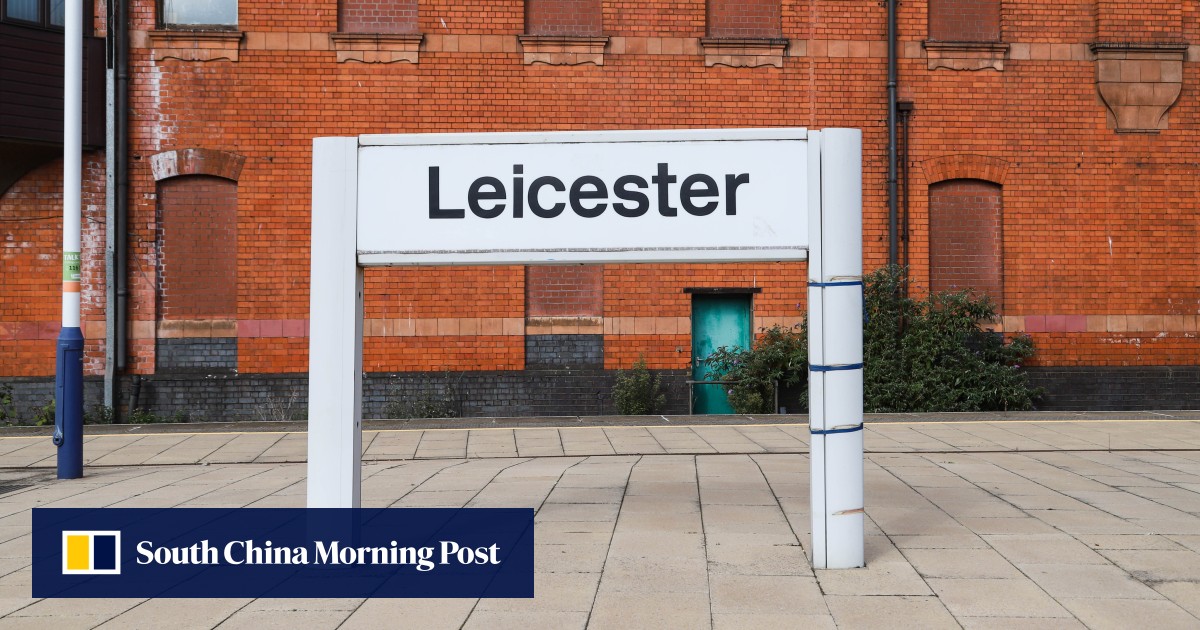Iceland’s Eyjafjallajökull volcano gained worldwide attention when it erupted in the spring of 2010. Aircraft were grounded and newsreaders struggled with a collection of letters that would score highly in a game of Scrabble.
The BBC suggested that “AY-uh-fyat-luh-YOE-kuutl-uh” was a pretty close approximation but if you find it too much of a mouthful, warm up with Iceland’s capital, Reykjavík (“Rake-ya-vick”).
Over in neighbouring Greenland, cruise passengers have their work cut out mastering how to say Qeqertarsuatsiaat, which means “the fairly big island”. “Keck-er-tar-wahs-see-aah” is close enough.
Also on the island formerly known as Ceylon, the beach town of Trincomalee (“TRIHN-koh-mah-LEE”) boasts a storied history as a military stronghold and ancient trading centre.
Talking of ancient trade, travellers visiting consonant rich Kyrgyzstan (“KEER-ghiz-staan”) relish the opportunity to drive, motorcycle or trek through some of the most remote terrain on Earth.
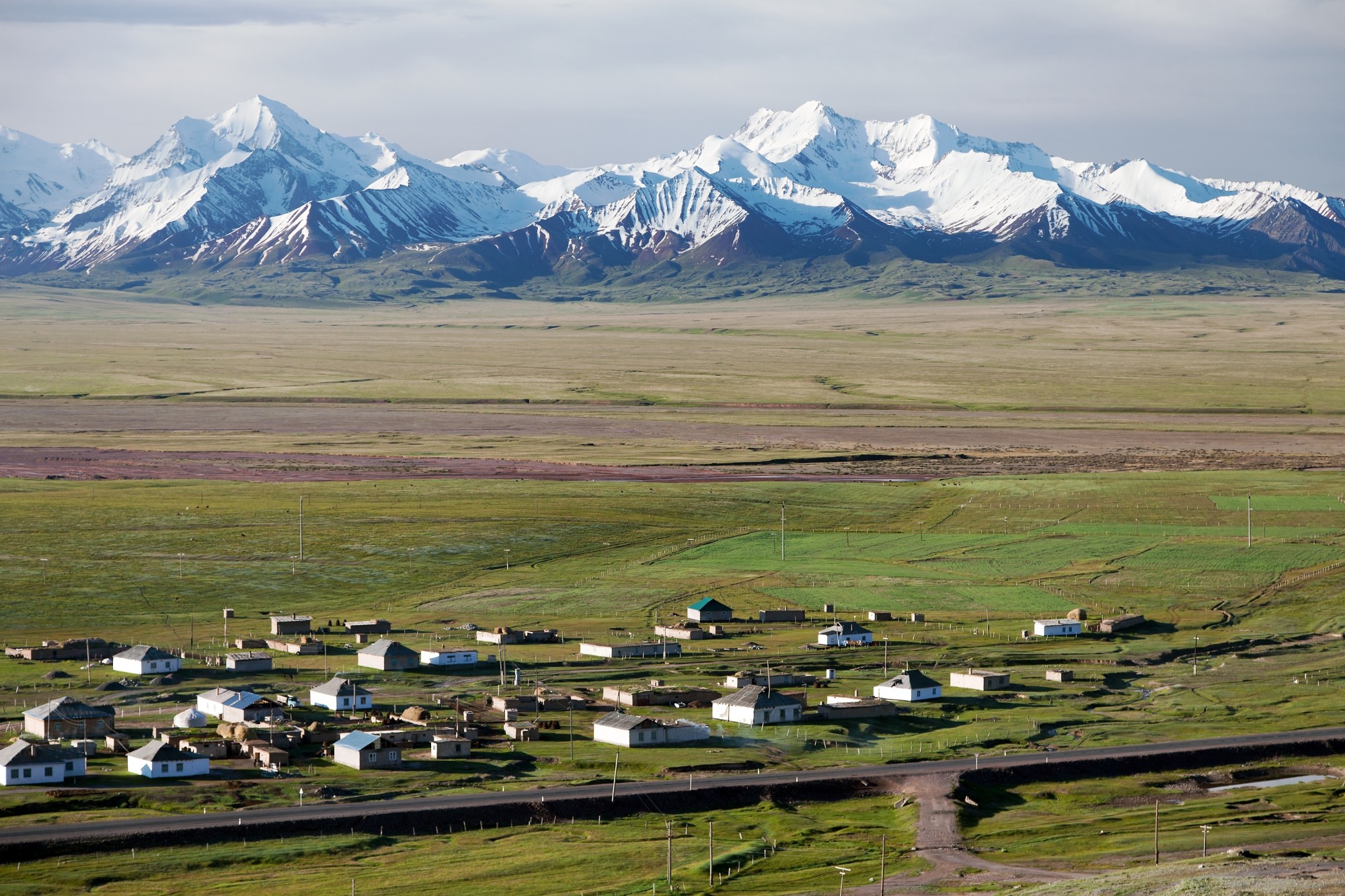
Bangkok’s Suvarnabhumi airport counts its annual passenger traffic in the tens of millions, yet the number of tourists who can correctly pronounce the name of Thailand’s principal airport – and the Sukhumvit area where they sleep, shop and socialise – is significantly lower. Go with “su-WAN na-poom” and “SOOK oom-wit”.
Many newcomers get in a muddle when they try to pronounce the name of the holiday island Phuket. “Ph” is a hard “p” sound in Thailand, not an “f”, so it’s POO-get, not FOO-get (or worse). Note, the “k” sound is closer to a “g”.
Across the Mekong River, Laos rhymes with “blouse” although locals and the former colonists, the French, pronounce it “Lao”. The capital, Vientiane, resembles “vee-en-CHAN”.
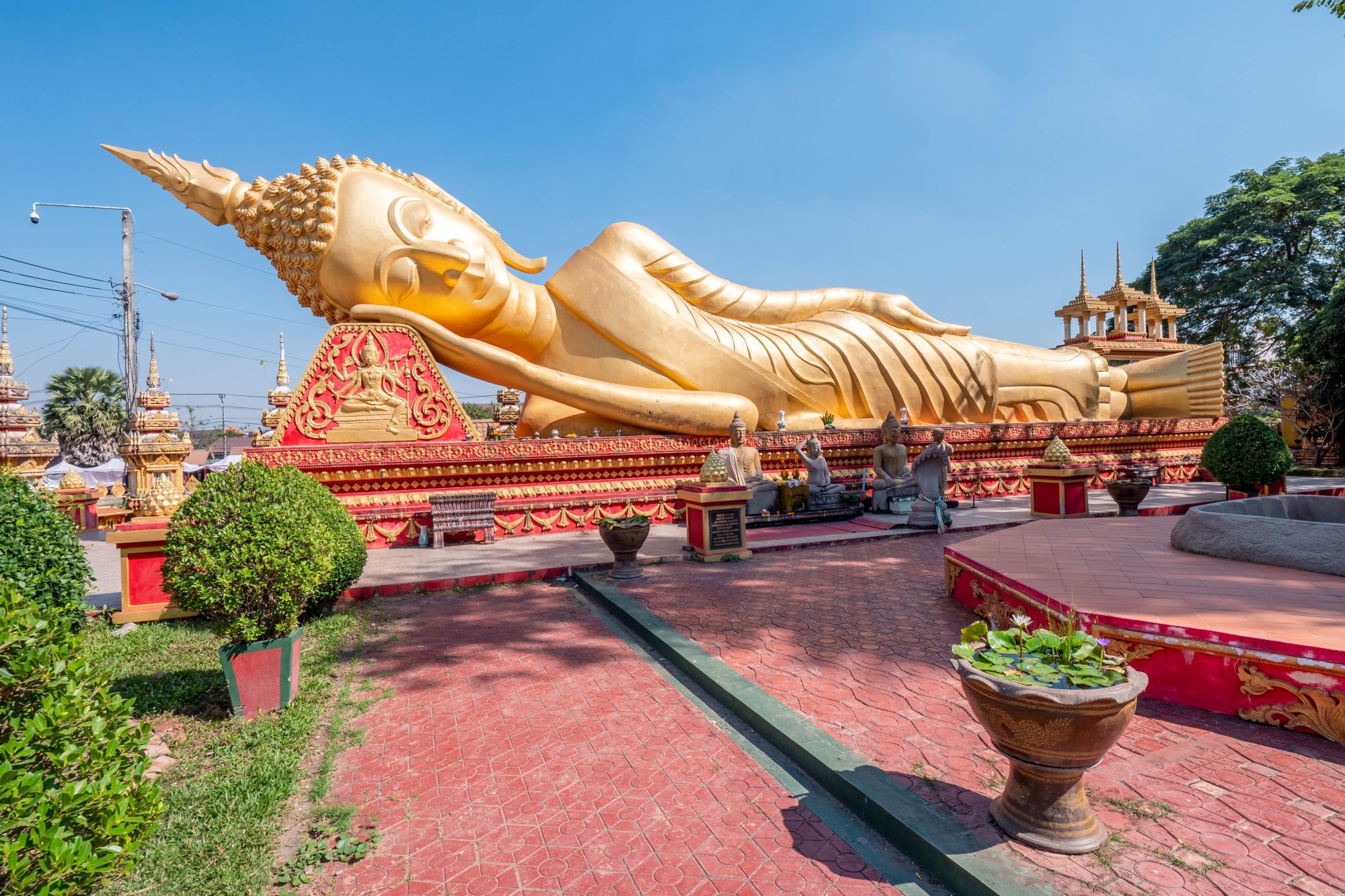
With its citadel, pagodas and Perfume River meandering lazily past, the central Vietnamese town of Huế is pronounced “hway”, with a near silent “h”.
A number of United States destinations leave tourists tongue-tied. Jurassic Park, Raiders of the Lost Ark and Avatar were all filmed on the Hawaiian island of Kauai (pronounced “ka-WA-ee”), which rhymes with Hawaii.
Say New Orleans (“noo-OR-lins”) rather than “nyoo-or-LEE-uhns”, if you want to sound like a local.
Meanwhile, Yosemite National park, California, flummoxes more than a few visitors. Stress the second syllable – “yoh-SEH-mi-tee”, not “YOS-eh-mite”.
In Latin America, the ancient Inca citadel of Machu Picchu (“MAH-choo PEE-choo”), in Peru, shouldn’t pose too many pronunciation problems but the same cannot be said of one photogenic city in southern Mexico, renowned for its rich indigenous culture, colonial architecture and mouth-watering cuisine.
Don’t let the rogue “x” sabotage your attempts to pronounce Oaxaca. It’s “wa-HA-ka”.
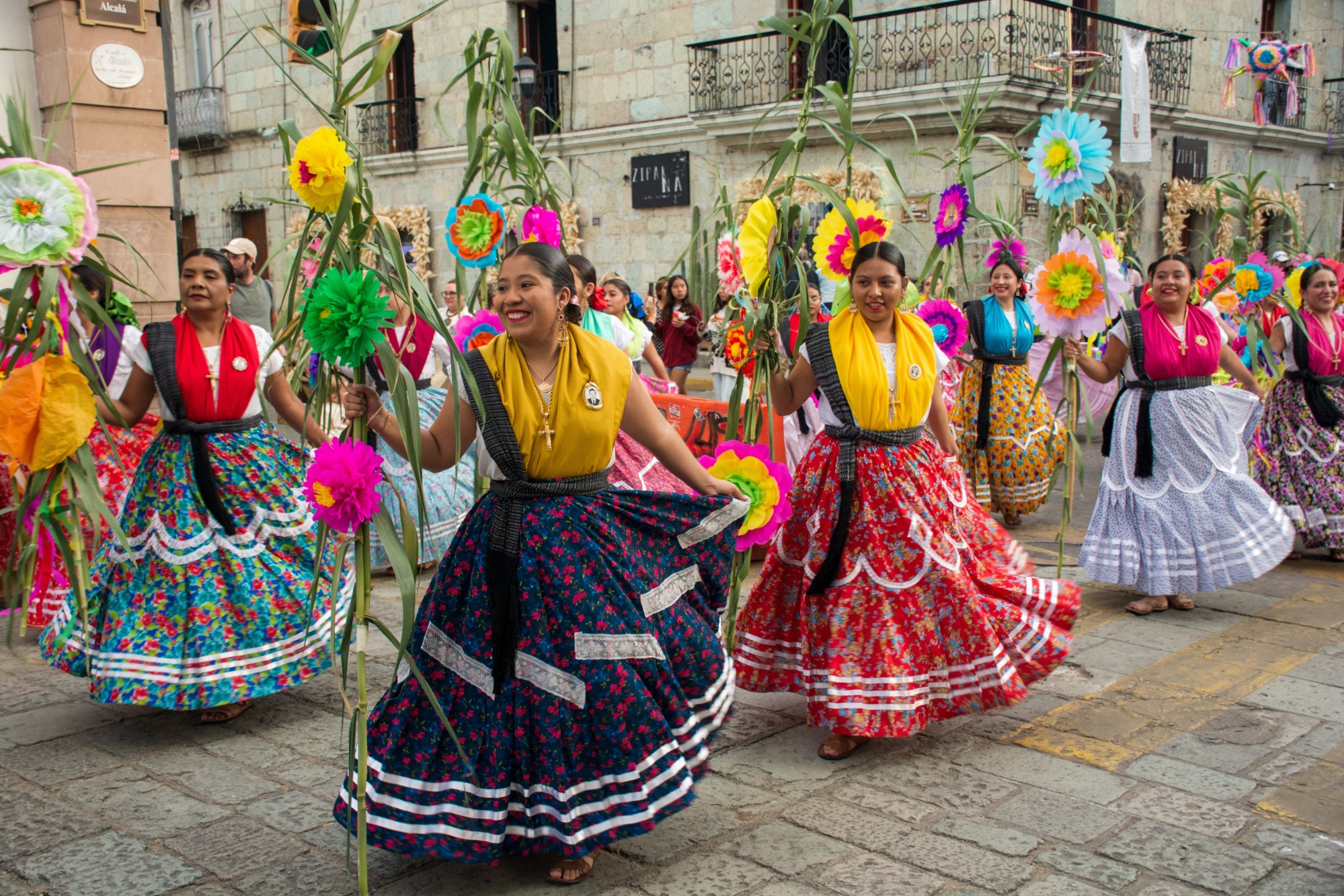
Over to Europe and what you see definitely isn’t what you get with some Polish place names. WrocLaw morphs into “VROT-Swarv” and Łódź comes out as “Wootch”.
I once took a train from Rzeszów (“Jeh-shuff”), the largest city in southeast Poland, to the town of Przemysl (“she-mih-shul”). It’s not often I’ve travelled between two places I couldn’t pronounce.
Residents of Thessaloniki (“thessa-lon-NEE-ki”) have a word that sums up its way of life. Halara (ha-la-RAH) roughly translates as “take it easy” and reflects the relaxed outlook embraced by the citizens of Greece’s second largest city.
They’ll forgive you for pronouncing the name of their city incorrectly.
In the English Midlands, Leicester confuses overseas visitors who divide the name into three syllables when only two are required. But once they realise it’s “Lester” instead of “LIE-sester”, they won’t make the same mistake when they get to London’s Leicester Square.
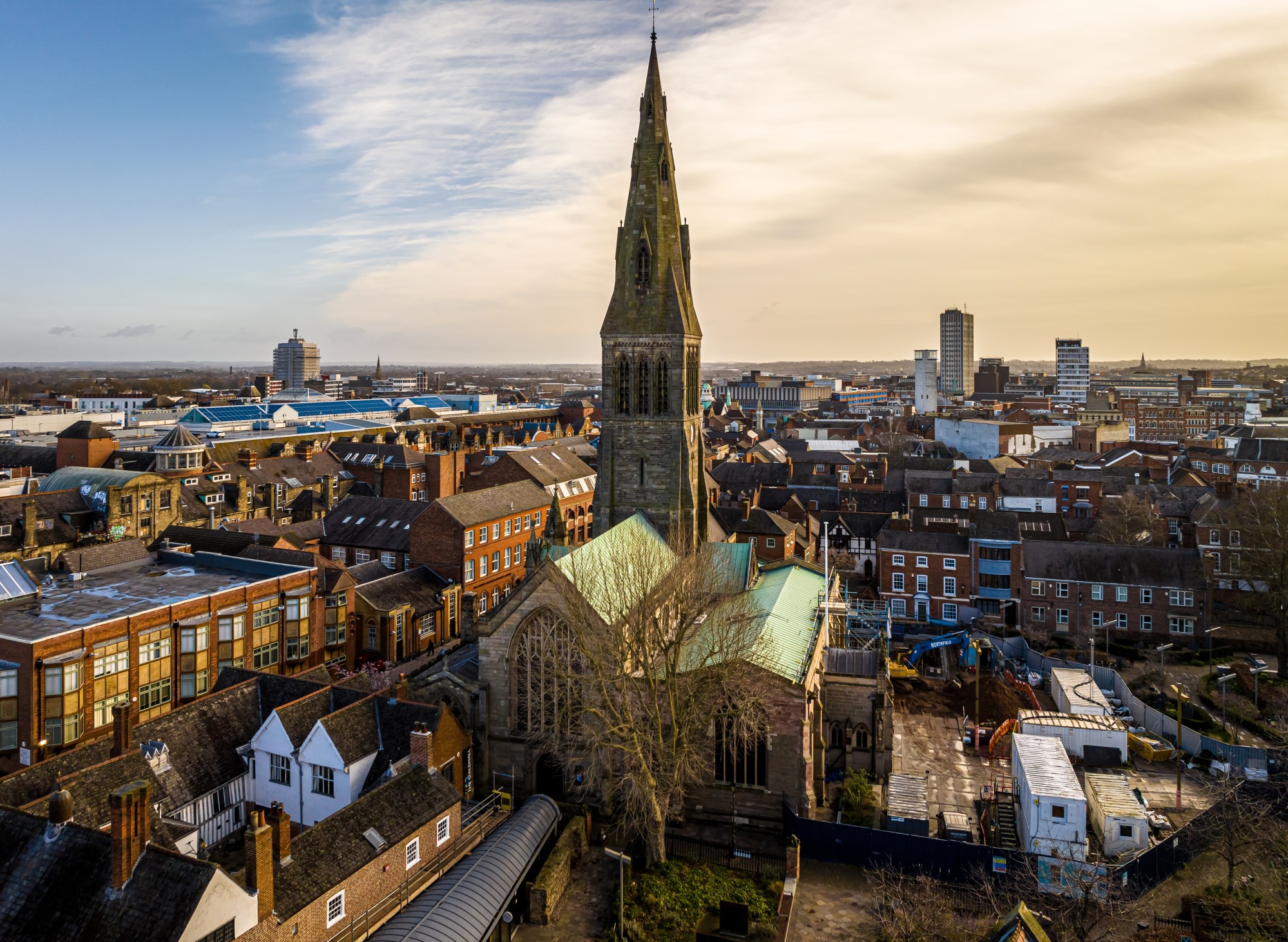
Chinese shoppers make up a significant percentage of visitors to Bicester Village but how many are aware the Oxfordshire designer clothing outlet is pronounced “Bister” not “Bye-sester”?
Tours usually include a trip to the historic city of Oxford and its illustrious university. Keep in mind that Magdalen College is pronounced “MAUDdlin”, not “MAG-da-lin”.
Home to one of the oldest narrow-gauge railways in the world, Blaenau Ffestiniog is pronounced “bligh-na-fest-in-i-og”. If you don’t fancy getting caught in a downpour in Wales’ wettest town, then head to Ynysybwl (“ahn-ISS ah-bull”), if only to show residents that you’ve mastered how to say it.
Ireland has its share of linguistic traps but at least travellers arriving in the Emerald Isle by boat don’t have to worry about pronouncing Dún Laoghaire, (“DONE-leary”), as ferries no longer serve the port south of Dublin.
Another phonological curiosity is the Scottish capital, Edinburgh. Go with “ED-in-bruh”, “ED-in-burra” or abbreviate it like a local: “EM-bruh”. Only North Americans call it “EDIN-Burrow”.

